Graham Reid | | 3 min read
Albatross

Elsewhere's shelves are weighed down by albums, some shameful, some in shameful covers, others just plain odd and some unusual 10'' records.
There are also excellent records of course, the rare free jazz albums, masses of Miles Davis, Ornette Coleman, John Coltrane, the Beatles and Stones and . ..
There is Laura Nyro and Dory Previn, punk and country, rare reggae, classic soul and old r'n'b, ECM and contemporary classical and . . .
Then there are albums by people I don't much care for.
Despite not having much time for anything by Supertramp I seem to be cursed with quite a few, same with ELO, Christian oddities and albums from royal weddings (which I assume are going to accrue in value when we are over this whole Brit-Royal nonsense).
Then there is Judy Collins who I rarely listened to back then or even now but seem to have a small wedge of her early records . . . which I stumbled on when pulling something at random off the shelf to consider.
Wildflowers was the one that came to hand.
This – with orchestration arranged and conducted by the great Joshua Rifkin (who, among other achievements, headed the revival of ragtime in the Seventies) – is considered one of Collins' finest.
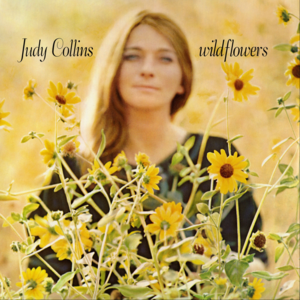 It sprung her hit version of Joni Mitchell's Both Sides Now (Mitchell's Michael of the Mountains here also) and extended her move from traditional folk through her continued championing of songs by Leonard Cohen with Sisters of Mercy, Priests (which Cohen never recorded) and Hey, That's No Way to Say Goodbye.
It sprung her hit version of Joni Mitchell's Both Sides Now (Mitchell's Michael of the Mountains here also) and extended her move from traditional folk through her continued championing of songs by Leonard Cohen with Sisters of Mercy, Priests (which Cohen never recorded) and Hey, That's No Way to Say Goodbye.
By this time she was also exploring the catalogue of Jacques Brel (La colombe on her previous album, La chanson des vieux amants on Wildflowers) and medieval songs (Lasso! di donna by Francesco Landini).
Of even greater note however was that she now wrote original material: Since You Asked, Sky Fell and the mysterious Albatross.
This was never an album I heard at the time – it was '67 and bands like Moby Grape, the Beatles, Blue Cheer, Jefferson Airplane and psychedelic rock were much more my thing – and I can' recall if I ever heard it much in the 55 years since, only the Cohen and Both Sides Now.
Back then I considered this kind of folk (baroque-folk?) prissy, too much in love with its own perfection and broadcasting on a very narrow bandwidth of carefully enunciated words and worthy earnestness.
Today however I . . . actually I still feel much the same.
I can respect this album (I quite like her originals and the pastoral setting Rifkin gives to Since You Asked) but can't actually get to it on any level of deep enjoyment.
However in fairness let me tell you what the Return to Rock website said of this album in 2021 when they voted it her best: “A set of almost routine brilliance from a fine singer, who brought her own interpretive skills to then relatively unknown songwriters. Judy Collins was, and is, one of the finest vocalists of the post-war era, and this album is one of her best.”
That said, I still prefer Cohen's more slow and spare treatments of Sisters of Mercy and No Way, and frankly Mitchell's Both Sides Now was – for me anyway – juvenilia although I'd concede this a lovely version.
The holy medievalism of the Landini piece is the one I'm most curiously attracted to for its stately formalism in this company, and – although Brel's Chanson is layered into a corner by the arrangement – Collins' more aching vocal on it is quite something.
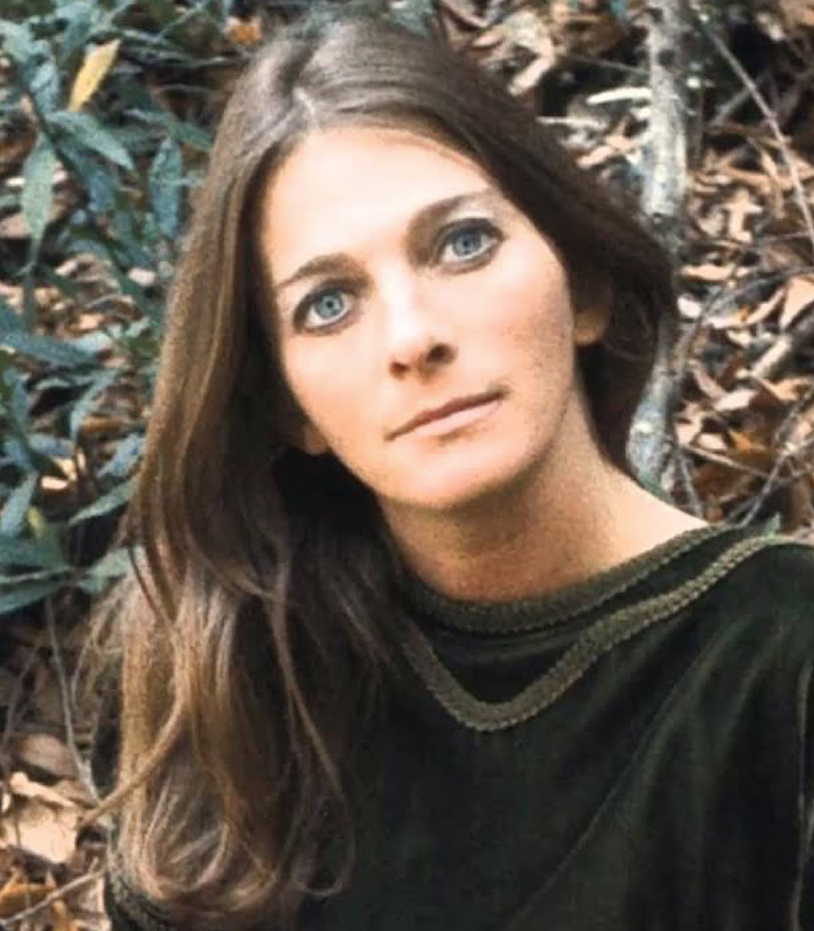 The wordy but evocatively poetic Albatross is a standout for its juxtaposing the romantic mythology (the ladies in lace collars) with darker imagery (those iron wheels rolling in the night through the rain).
The wordy but evocatively poetic Albatross is a standout for its juxtaposing the romantic mythology (the ladies in lace collars) with darker imagery (those iron wheels rolling in the night through the rain).
Wildflowers is probably a cornerstone album in many people's lives – I do remember male friends at time being in love with those long-haired folkie women like Joan, Joni and Judy – but it never was in mine.
It did however nudge me into listening to a few tracks from those other albums by Judy Collins which have somehow ended up on my shelves.
.
You can hear this album on Spotify here
.
Elsewhere occasionally revisits albums -- classics sometimes, but more often oddities or overlooked albums by major artists -- and you can find a number of them starting here

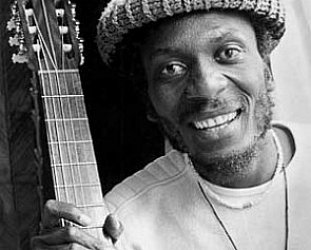
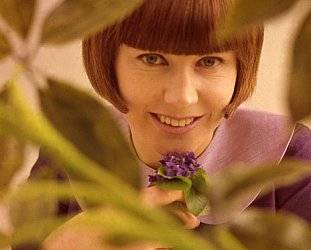

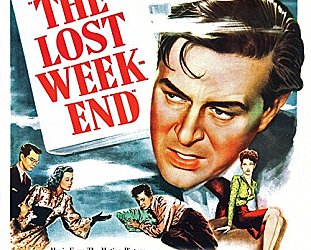
post a comment